
The Sustainable Rose Garden
Contributor
Finally, we have a book that addresses the notion of growing roses in an environmentally friendly manner. To sustain a garden of America’s national flower is to avoid the old methods that depended upon synthetic chemicals and pesticides, and to focus on growing disease-resistant, low-maintenance kinds of roses. Much discussion has gone before, but this is the first volume to address ways of achieving success.
Roses have been on our planet for countless millennia (the oldest physical remains of a rose were found in Colorado). The earliest species (the once-bloomers) have endured without help from anything but Nature herself. Down the hill from my home is a ridge lined with Rosa californica, all blooming in the spring with small, five-petaled, pink flowers, disease-free and thriving without irrigation or fertilizer.
Over the centuries, hybridizers have worked diligently to combine and recombine roses with reblooming genes to produce much of what we find in our gardens today. Those of the eighteenth and nineteenth centuries increased the color range and floral fragrance, as shrubs and climbers gained popularity. In the past century, certain types, such as the hybrid tea, began to dominate the nursery industry, and ordinary gardeners were caught up in the mania. With all this change came diseases and other problems-the result of breeding for appearance over constitution.
These three editors have collected thirty-eight essays by the world’s leading growers and rosarians. The focus of these essays is on creating gardens (and nurseries) free from disease and maintained with a healthy, sustainable regimen. The ideal of a healthy garden is still in its infancy, so what the reader will find is a range of ideas based upon experiments by people who have recorded both their failures and successes.
The book begins with two essays on the history of tea roses by a group of Australian women who spent ten years growing these roses and recording their findings. Tea roses are ideal for mild or warm areas of the world, such as California. Much of the confusion about their identification and methods of growing them are outlined here in detail.
Historic approaches to disease and pest control, the best soils for roses, and the responsible use of water in the garden are all discussed based upon the various writers’ experiences. Several essays address the breeding of new roses, including roses resistant to blackspot; hybrid musk roses are discussed in two articles.
One of the longest and most interesting entries concerns the Earth-Kind rose trials organized by Texas A & M University; cultivars achieving the Earth-Kind designation have shown an extremely high level of landscape performance coupled with disease and insect resistance. Similar trials are now going on elsewhere in the US and in Bermuda, Canada, India, and New Zealand. Drought tolerance and soil management are essential parts of the research. The end goal is to identify roses that can become part of an environmentally healthy and beautiful regional garden.
Other essays feature successful rose gardens around the world, the new David Austin roses, and rooftop rose gardens. Poems about roses by Emily Dickinson, and rose studies, watercolors, and drawings by Maria Cecilia Freeman complete this beautiful, well-bound book. Nothing about sustainable rose culture has been presented as well as it has been in this book.
William Grant, rosarian
Aptos, California
Share:
Social Media
Garden Futurist Podcast
Most Popular
Videos
Topics
Related Posts
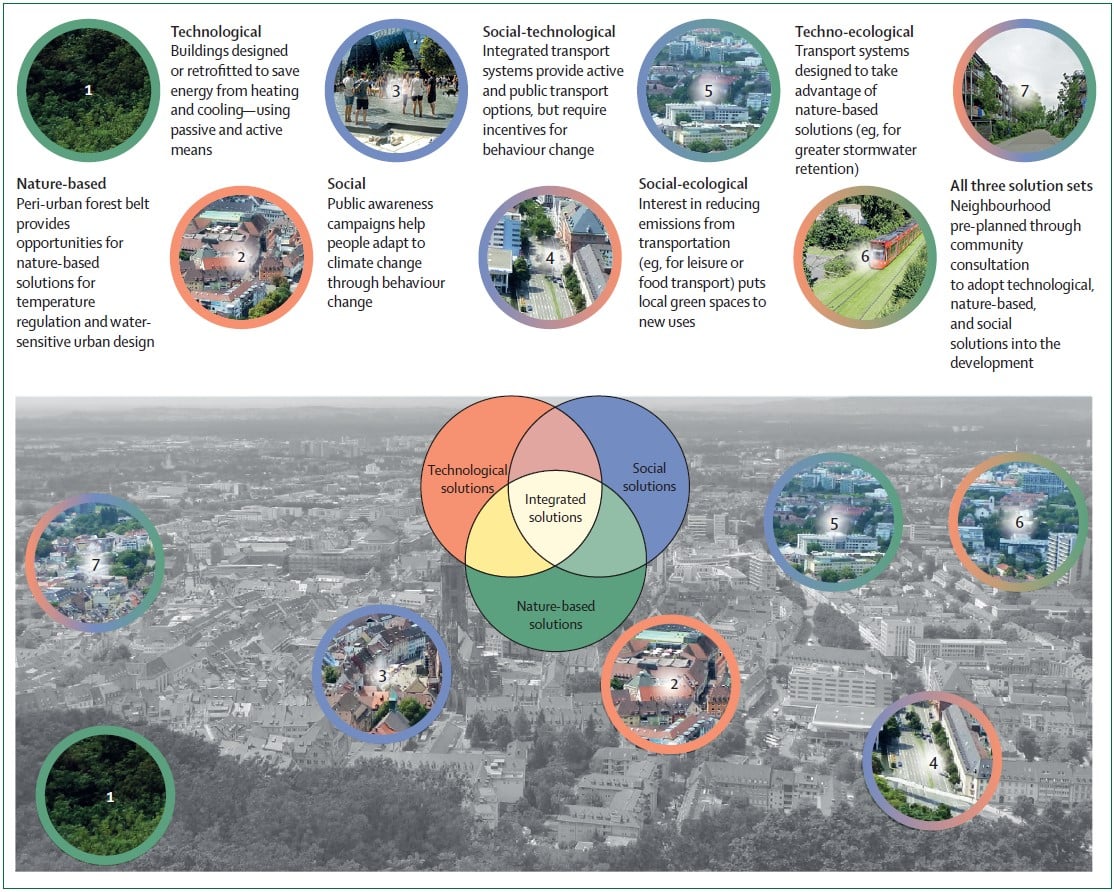
Ground Up Science for Greener Cities with Garden Futurist Dr. Alessandro Ossola
Spring 2023 Listen to the Podcast here. Alessandro Ossola is a scientist who gets very excited about the challenge of climate change allowing for an
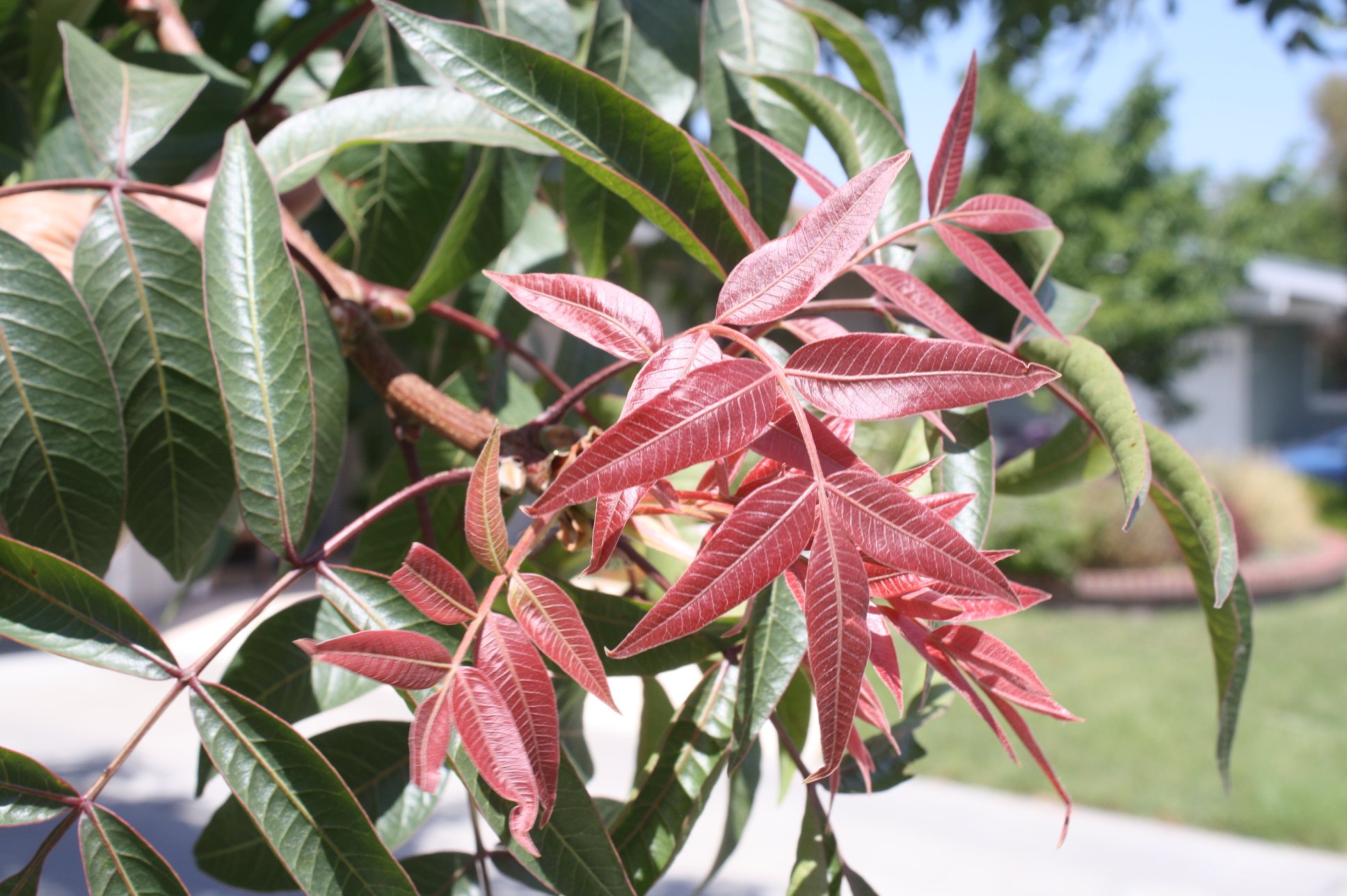
Readying Urban Forests for Climate Realities with Garden Futurist Dr. Greg McPherson
Winter 2023 Listen to the Podcast here. “Going from the mow and blow to a more horticulturally knowledgeable approach to maintaining the landscape. And that
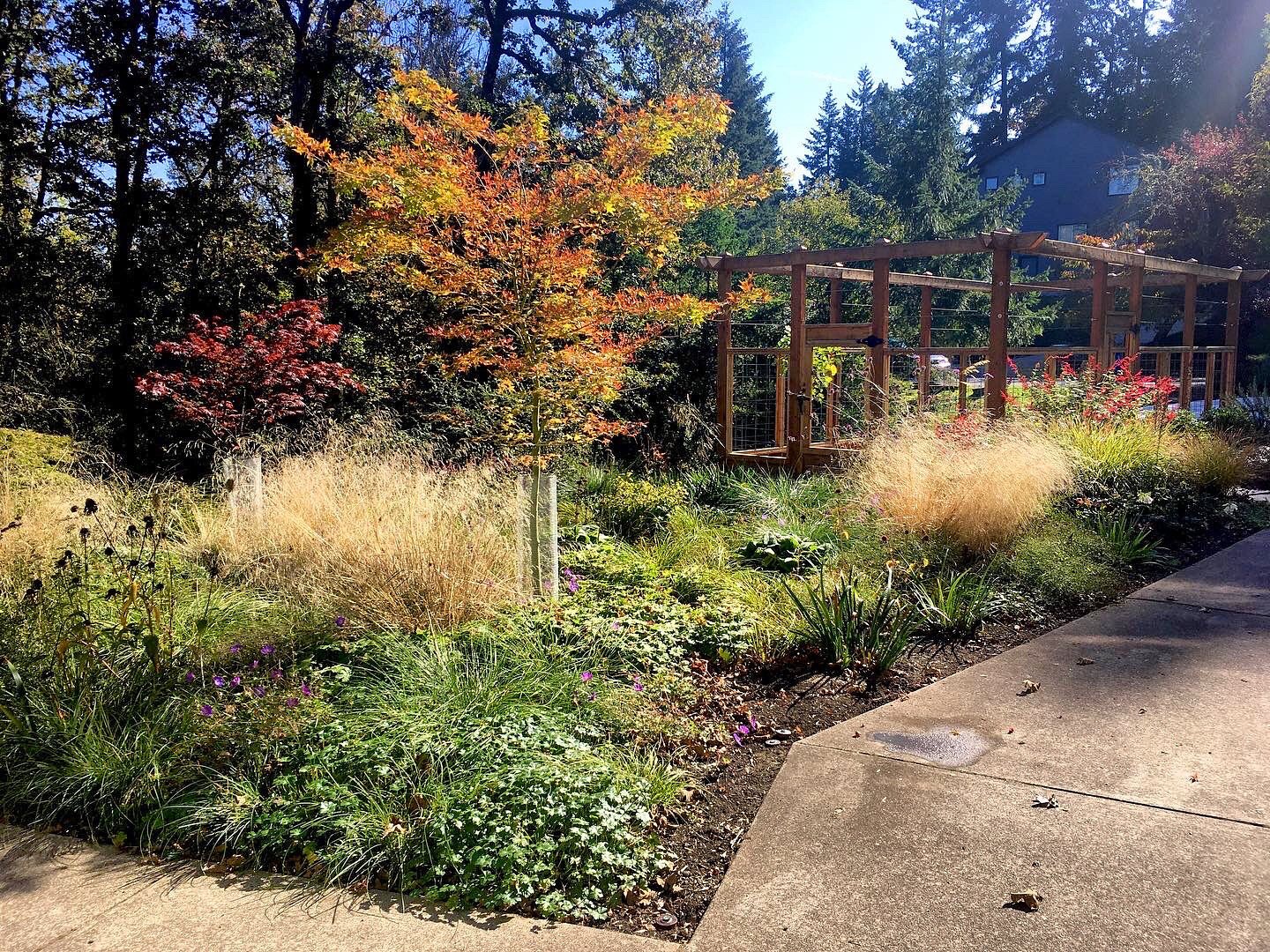
Low Maintenance Gardens – Better for Pollinators and People
Autumn 2022 “I come out every day. It’s therapy, my meditation.” Janet’s young garden transformed from overgrown, invasive plants to mostly natives. The dailiness of
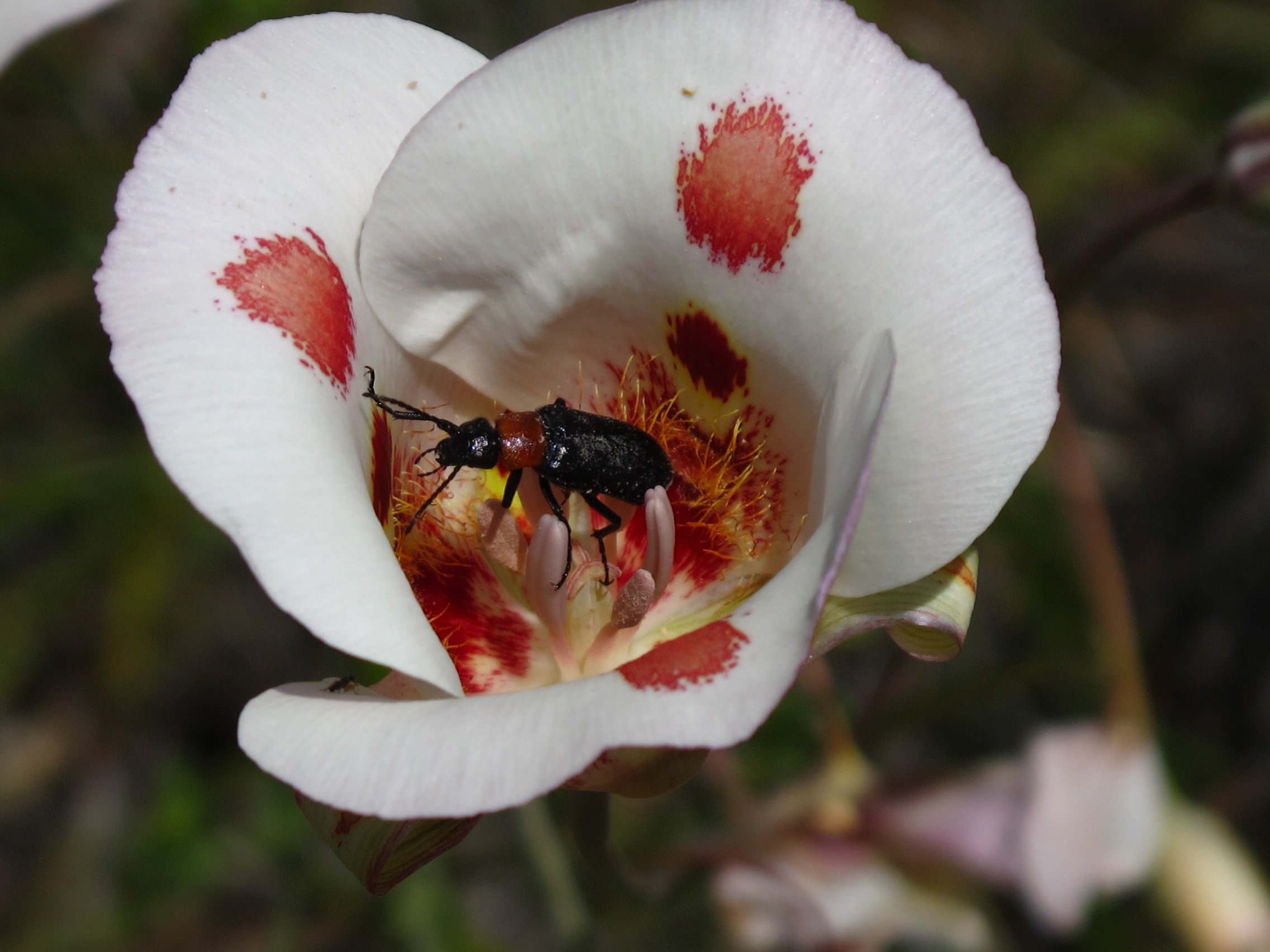
Calochortophilia: A Californian’s Love Affair with a Genus
Summer 2022 I can chart the progression of my life by Calochortus. For the last two decades, at least. As a teenage girl growing up



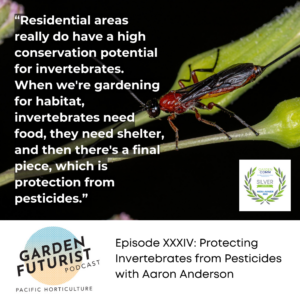


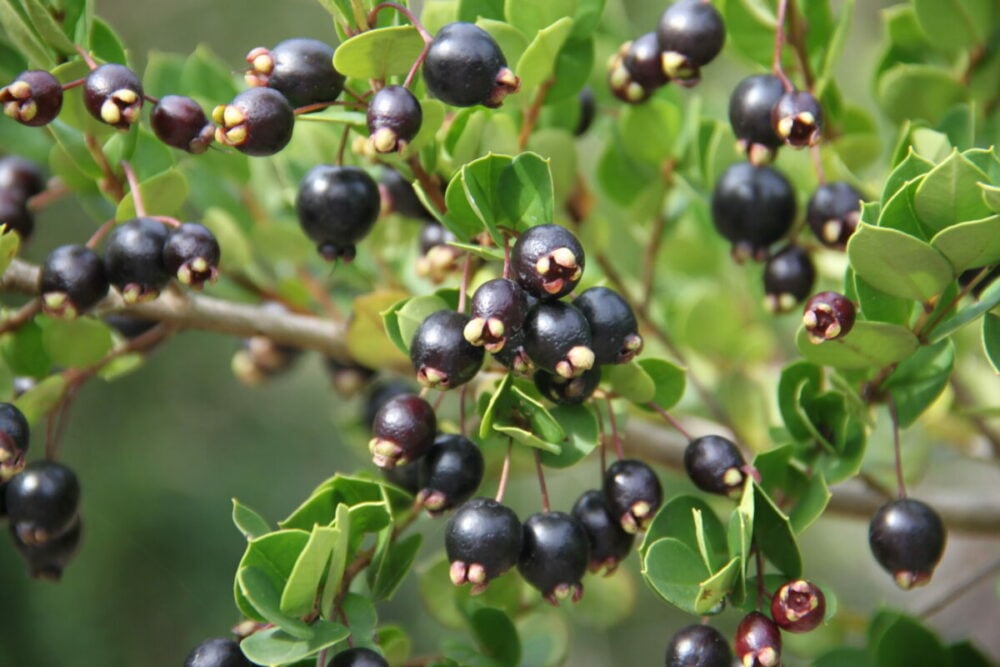



Responses